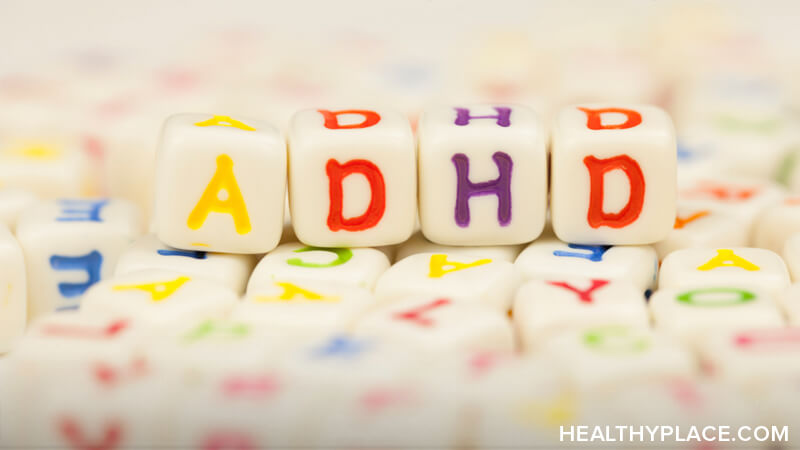
You may not need anxiety attack treatment if you've only had one or two episodes. People who have experienced multiple or repeated episodes of anxiety attacks may have one of many anxiety disorders and should seek help from a medical professional. Typically, doctors and mental health professionals treat anxiety attacks with medication and certain types of psychotherapy.
Types of Anxiety Attack Treatment
With the right anxiety attack treatment strategy in place, you can live a productive, fulfilling life despite the anxiety attacks. Imagine not feeling incapacitated by excessive worries and fears. How would your life improve if you could learn to focus your energy on living life, rather than constantly thinking about what might happen and what might go wrong? The specific type of treatment required depends upon the type of anxiety attack as well as external and internal factors (triggers, history, other co-existing conditions).
Medications Used to Treat Anxiety Attacks
Medications used to treat anxiety attacks alone cannot cure you of having these debilitating episodes, but are most effective when taken in conjunction with an appropriate psychotherapy program. Your physician might prescribe the medications and then refer you to a psychiatrist, psychologist, or other counselor experienced in treating anxiety attacks with psychotherapy; or, if you see a psychiatrist straight away, he or she can both prescribe the medication and provide psychotherapy. Doctors prescribe medicines from several different pharmacological classes, depending on your specific type of anxiety, to treat the attacks.
Serotonin Reuptake Inhibitors (SSRIs) – these are among the safest, and newest class of antidepressants. You may know many of them by their brand names: Prozac®, Zoloft®, Lexapro®, Paxil® and Celexa®. Doctors frequently prescribe these for a number of anxiety disorders including, panic disorder, obsessive compulsive disorder (OCD), post-traumatic stress disorder (PTSD), and social anxiety disorders.
Tricyclics – These work just as well as SSRIs do to treat anxiety attacks and disorders, but are not as new and come with more possible side effects. Available under the brand names Tofranil® and Anafranil®, physicians and patients find them effective in treating generalized anxiety disorder (GAD) and OCD, respectively.
Monoamine Oxidase Inhibitors (MAOIs) – These represent the oldest class of antidepressant drugs. Doctors don't prescribe these as frequently as in the past, due to the availability of newer, safer options. MAOIs can interact dangerously with over-the-counter medications and cause an unacceptable rise in blood pressure. But, sometimes they are the best choice for an individual patient. Sold under the brands Nardil®, Parnate®, and Marplan®, these are effective as anxiety attack treatments for panic disorder and social anxiety disorder (social phobia).
Anti-Anxiety Drugs - Anti-anxiety medications from the benzodiazepine class of drugs have few side effects, but are highly addictive and have a high potential for abuse. These work for quick relief of symptoms, when you're in the middle of an anxiety attack. They help you get-a-grip on yourself, so to speak, but don't work at all to prevent attacks. Physicians prescribe these sparingly and usually only at the beginning of treatment, when you haven't yet had enough therapy to develop tools for controlling your anxiety. You may know these by the brand names Klonopin®, Xanax®, and Ativan®.
Therapy Used in Anxiety Attack Treatment
An important component of successful anxiety attack treatment involves psychotherapy. Anxiety attacks respond well to both cognitive-behavioral therapy and exposure therapy. Both focus on changing behavior rather than examining your underlying psychological structure, stemming from conflicts and past events. If you're seeing a therapist for anxiety attacks and he or she is providing one of these two types of therapy, expect to attend sessions for 5 to 20 weeks, depending on the severity of your issues.
During cognitive therapy, the therapist will ask you to focus on your thoughts (leading up to and during an attack) and behaviors. He or she will then help you identify the negative thought patterns and unreasonable beliefs that feed into your anxiety, eventually resulting in an attack.
Exposure therapy will challenge you by requiring that you confront your fears, such as performing on stage or talking to your boss about a raise or employee conflict, in a safe environment. Imagine that you're an accomplished violinist, but have a profound fear of performing on stage and sharing your talent. With exposure therapy, your therapist may first ask you to perform in a closed stage environment, where he or she is the only audience. Next, you'll perform in front of a few carefully selected, trusted friends and family. You'll keep stepping up the challenge until finally, you can perform on stage in front of a group of complete strangers.
Stop Worrying About What to Do For Anxiety Attacks
If you're tired of excessive worry, fears and beliefs controlling your life and calling the shots, get help and stop worrying about what to do for anxiety attacks. Safe, effective help is available – but it's up to you to take the first step toward helping yourself.
See Also:
article references









